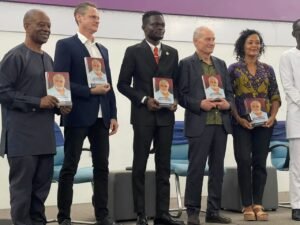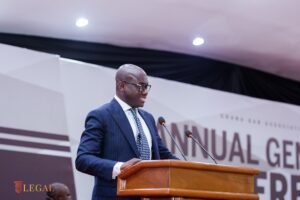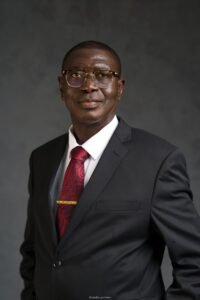
The Managing Director of the Electricity Company of Ghana (ECG), Sam Dubik Mahama, has given the assurance that the Company has enough installed capacity to supply power for businesses and households in the country.
He acknowledged some distribution challenges leading to recent outages, noting that the Company was embarking on various maintenance operations and investing to ensure that Ghanaians had uninterruptible electricity for use.
“Right now, there is no supply issue; if there is to be any outages, it will be a local fault, which people must inform ECG staff immediately for them to fix it,” Mr Mahama said.
He, therefore, encouraged Ghanaians to help the Company provide better services to all consumers by paying their bills promptly, adding that debt owed by consumers was affecting ECG’s operations.
In an interview with the Ghana News Agency, Mr Mahama disclosed that his outfit carried out such swoop to urgently save the country’s gas plant, worth some $200 million.
“The gas plant had an emergency; the gas valve needed to be replaced, and because it is gas it took some time to replace. So, if you make a mistake and there is fire outbreak you will lose an asset that is worth $200 million,” he said.
Encouragement
Also, Mr Dubik Mahama encouraged individuals and businesses to inform ECG when they put up new buildings so that the Company could take the necessary steps to connect them properly to the national grid.
“People are building more houses, which comes with more electricity demands and new industries are also springing up, putting more demand on the grid, which is the main reason for us having an overload on the system,” he said.
“There are overloads in the system because we’re growing so fast, but it’s not a supply issue, but it’s attitude that has taken us to where we are now. We’re not able to inform ECG of our building projects for ECG to work towards it,” Mr Mahama added.
The ECG boss continued, “We’re in almost all the major cities, doing what we call intensification, especially in the new areas that are coming up for the middle-income families, including Tse-Addo, and Oyarifa, so we have no supply issues.”








